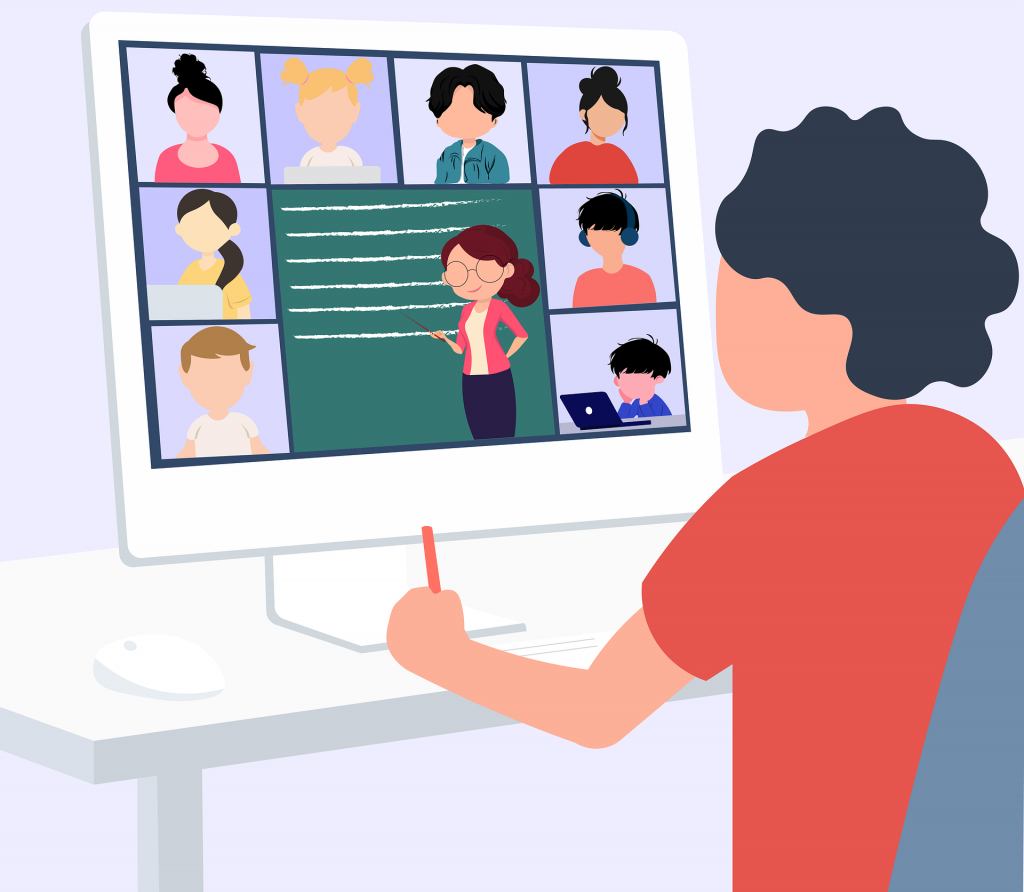‘Remote School’ programme

To alleviate the impacts of COVID-19 policies, many initiatives have been developed by civil society organisations – NGOs, local governments, or citizens. A team of national researchers from the RESISTIRÉ project has collected and highlighted a set of particularly relevant initiatives in 27 European countries and in Iceland, Serbia, the United Kingdom and Turkey. These Better Stories currently cover eight specific domains: gender-based violence, the labour market, the economy, gender-pay and pension gaps, gender care gaps, decision-making and politics, environmental justice, human and fundamental rights.
This Better Story was collected by Ewelina Ciaputa.
The ‘Remote School’ programme (‘Zdalna szkoła’) was started to facilitate remote education in Poland during the COVID-19 pandemic. Besides the measures targeting teachers and educators, there were also aspects of the programme that were designed to assist young people and children in education, as well as their parents.
Supporting teachers in acquiring competencies related to distance learning and digital technologies
The ‘Remote School’ programme, started during the first wave of the pandemic in Poland, had the objective of supporting the education system through various measures when it had to move online. Firstly, teachers (employed in kindergartens, primary schools, and secondary schools) were granted higher quality support and training from the state, especially with regard to remote education. This initiative, given the majority female composition of the teaching profession, particularly improved the competences of female teachers related to distance learning and digital technologies. Teachers were also eligible to receive 500 zloty (about €100) for the purchase of needed digital equipment. The programme also provided internet access to both teachers and students who did not have adequate access previously.
A similar initiative in higher education institution
Eventually, these initiatives were expanded through a similar programme aimed at the qualitative improvement of remote learning at non-public universities, helping educators in higher education institutions to give compelling lectures at a distance.
Image by Hatice Erol on Pixabay
